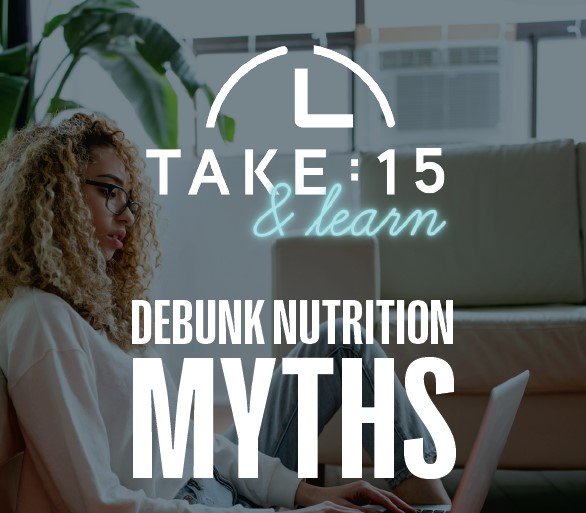Debunk Nutrition Myths! A guide to fad-free nutrition
It’s that time of year again... “new year, new me”, “diet starts after Christmas”. No doubt this is a great time to turn a new leaf and create some healthy lifestyle habits, but the quick fix fad diets are unfortunately not the answer.
We see celebrities and influencers all over social media promoting the astounding benefits of juice cleanses and detoxes, keto and vegan diets making it so easy to get sucked into the results they promise. However, these diets can be highly restrictive, involve depriving your body of key nutrients and have limited or no solid research behind them to suggest any short or long-term health benefits.
So, let’s debunk the myths of some of these diets.
Juice cleanses
Defined: A juice cleanse is a diet that involves consuming only fruit and vegetable juice for a short period of time (1-7 days), claimed to aid with weight loss, provide the body with nutrients and “flush away toxins” in the body.
Debunked: There is lacking research in support of these health claims (1). In actual fact, any weight lost during the cleanse is likely to be regained again as the human body is designed to detoxify itself; your liver, kidneys and gastrointestinal tract are already on top of it.
Ketogenic diet
Defined: A ketogenic or keto diet is a low-carb, high-fat diet. It claims to be effective for weight loss and aiding type-2 diabetes and obesity.
Debunked: The keto diet is low in fibre, high in saturated fat and red meat and can be extremely restrictive. A recent study found that when young and healthy adults followed a ketogenic diet for three weeks, it resulted in a 44% increase in low-density lipoprotein cholesterol (the “bad” cholesterol), which can increase the risk of cardiovascular disease (2). Therefore, this diet does not align with healthy eating guidelines and is not a long-term, sustainable way of eating (3).
Vegan diet
Defined: A vegan diet is a plant-based diet that eliminates all animal products and by-products. Vegan diets have been widely promoted for their association with reducing the risk of cardiovascular disease.
Debunked: Although it is not as extreme as the juice cleanses and the ketogenic diet, the vegan diet can still be highly restrictive and unsustainable for some people. Complete elimination of animal products can cause deficiencies in nutrients such as vitamin B12, vitamin D, calcium, iron and omega-3 fatty acids, which may cause unfavourable health outcomes (4), (5). It is crucial for individuals following a vegan or plant-based diet to carefully plan and supplement to ensure they meet their nutritional needs. Consulting with a healthcare professional or a registered dietitian can help develop a well-balanced and nutrient-dense plant-based diet to mitigate these potential deficiencies.
Healthy Alternatives to Dieting
Eat a variety: Ensure your diet is balanced and varied, including lots of fruits and vegetables, wholegrains and lean proteins, and avoid cutting out whole food groups.
Exercise: Exercise regularly to enhance your fitness and overall health. Do this whatever way works for you, whether it’s at home, in the gym or a team sport.
Flexitarian diet: Rather than veganism, a flexitarian diet is optimal. This consists of the consumption of plant-based foods such as vegetables, fruits, nuts, seeds and wholegrains and moderate consumption of animal-based proteins (eggs, fish, meat, milk, cheese).
Instead of getting sucked into the unrealistic and false claims of the fad diets, consider making subtle, healthy changes that can be incorporated into your lifestyle and last long-term.
Read more…
Click here for more information on the healthy eating guidelines.
Click here to read more useful tips on fad free nutrition.
Check out these 5-minute podcasts for more information on nutrition and dieting myths:
References
Klein, A.V. and Kiat, H. (2014) ‘Detox diets for toxin elimination and weight management: A Critical Review of the evidence’, Journal of Human Nutrition and Dietetics, 28(6), pp. 675–686. doi:10.1111/jhn.12286.
Retterstøl, K. et al. (2018) ‘Effect of low carbohydrate high fat diet on LDL cholesterol and gene expression in normal-weight, young adults: A randomized controlled study’, Atherosclerosis, 279, pp. 52–61. doi:10.1016/j.atherosclerosis.2018.10.013.
O’Keefe, J.H. et al. (2022) ‘Debunking the vegan myth: The case for a plant-forward omnivorous whole-foods diet’, Progress in Cardiovascular Diseases, 74, pp. 2–8. doi:10.1016/j.pcad.2022.08.001.
Bali, A. and Naik, R. (2023) ‘The impact of a vegan diet on many aspects of health: The overlooked side of veganism’, Cureus. doi:10.7759/cureus.35148.

